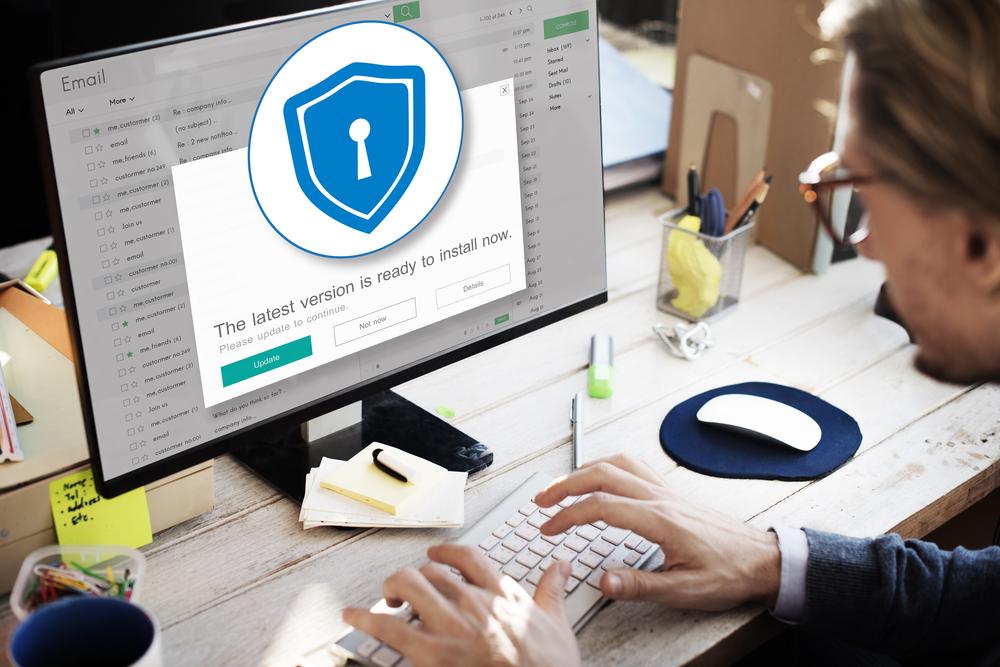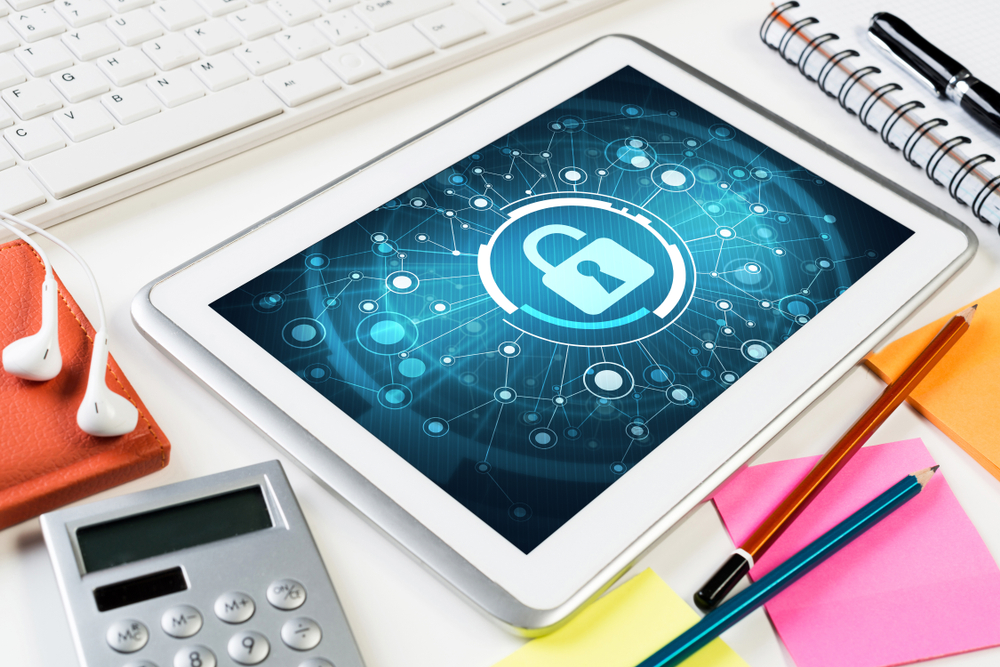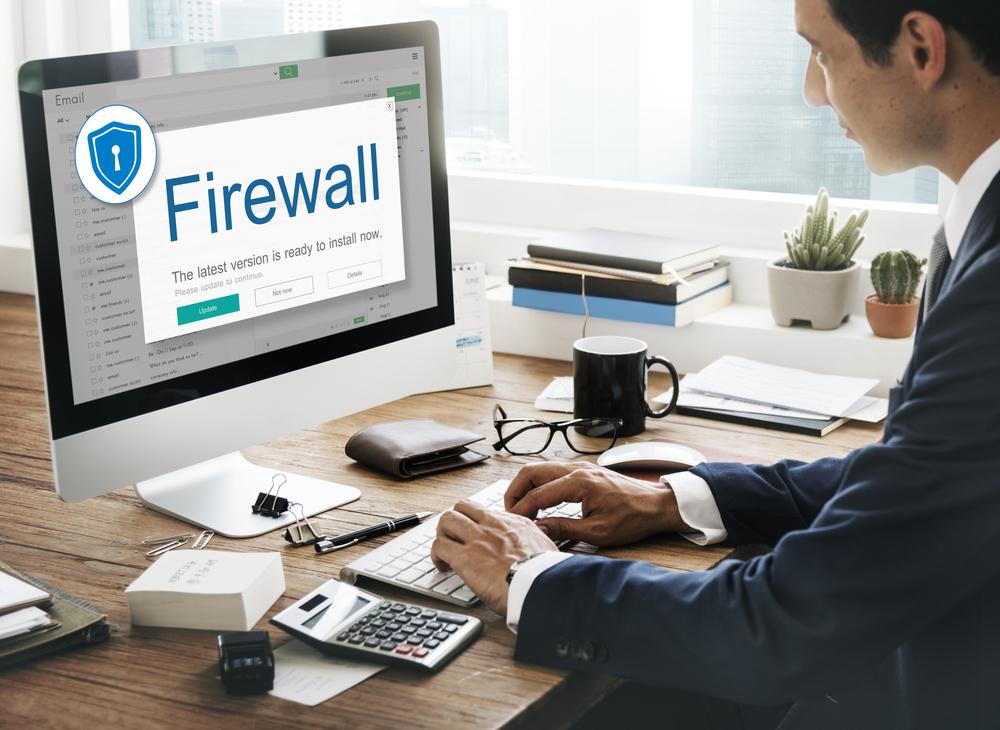Does Antivirus Software Impact PC Speed? Understanding the Truth
Discover how modern antivirus software affects PC speed and performance. Learn tips for choosing lightweight solutions, upgrading hardware, and maintaining optimal system efficiency. This guide debunks common myths and provides practical advice to keep your computer running smoothly while staying protected against threats.

Does Antivirus Software Impact PC Speed? Understanding the Truth
Many users harbor misconceptions about antivirus programs, fearing they may slow down their computers by about 5%. In the past, background scans, virus removal, and threat detection heavily taxed system resources, leading to noticeable lag and decreased performance. Today, advancements in technology have shifted much of this processing to the Cloud, significantly reducing the load on your device.
Modern antivirus solutions operate efficiently without hindering your browsing or system activities, providing smooth user experiences. If your PC feels sluggish, consider factors like outdated RAM or excessive running applications before attributing issues to antivirus software. Malware infections often require comprehensive reinstallation processes, which can cause system delays.
Choosing lightweight, reputable antivirus programs like Avast, AVG, or Avira can help maintain system speed. Heavy programs like Norton or McAfee might slow down systems with less than 4GB RAM. Upgrading your hardware—especially RAM—can greatly improve performance, ensuring antivirus and other software run seamlessly. For optimal speed, always opt for systems with sufficient memory to handle your regular tasks without compromising security.
In conclusion, with proper hardware and smart software choices, antivirus programs do not need to slow down your computer. Keeping your system updated and avoiding suspicious files or ads minimizes malware risks and maintains optimal performance.
Antivirus Impact on PC Speed
System Performance Tips
Lightweight Cybersecurity Solutions










